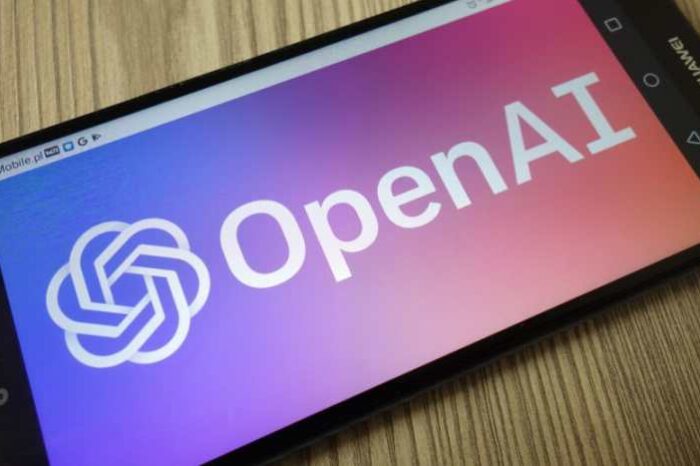OpenAI launches new tools to accelerate AI model development for developers

Less than a month after launching its o1 preview, a new series of AI models designed to think more critically before responding, OpenAI introduced a range of tools on Tuesday aimed at speeding up AI model development for developers.
The maker of ChatGPT said these new tools will simplify the process for developers looking to build AI-powered solutions, as it continues to compete with tech heavyweights in the generative AI space.
One of the standout features is a real-time tool, available immediately for testing, that allows developers to create AI voice applications with a single set of instructions, Reuters reported. Previously, the process required multiple steps—transcribing audio, generating a response, and converting text to speech—each handled separately. This update aims to streamline the workflow significantly.
The announcement comes as Cursor AI, another generative AI startup, is gaining traction with developers. Cursor AI’s code editor has been recognized for improving productivity, with some developers reportedly able to build a full-stack AI web app in as little as 12 minutes.
As we reported on Monday, a significant portion of OpenAI’s revenue is generated from businesses that use its technology to develop their own AI applications, making these enhanced tools a critical component of its business strategy. The company is eyeing $3.7 billion in annual sales for this year, with a forecast of $11.6 billion for next year.
The competition is fierce, with tech giants like Alphabet, Google’s parent company, rolling out AI models capable of processing various types of information—ranging from video and audio to text—across their platforms.
Currently, around 10 million ChatGPT users pay a $20 monthly fee, based on internal documents. OpenAI plans to increase that fee by $2 by the end of the year, with a more significant jump to $44 expected within the next five years. Additionally, over a million third-party developers rely on OpenAI’s tech to support their own platforms.
Founded in 2015 by Sam Altman and Elon Musk, OpenAI started as a nonprofit focused on developing safe and beneficial artificial general intelligence. In 2020, it shifted to a commercial model, marking a significant shift in its strategy. Despite internal challenges, including Altman’s brief departure in November, OpenAI remains at the forefront of the AI industry, driven by the success of ChatGPT, launched in 2022.




